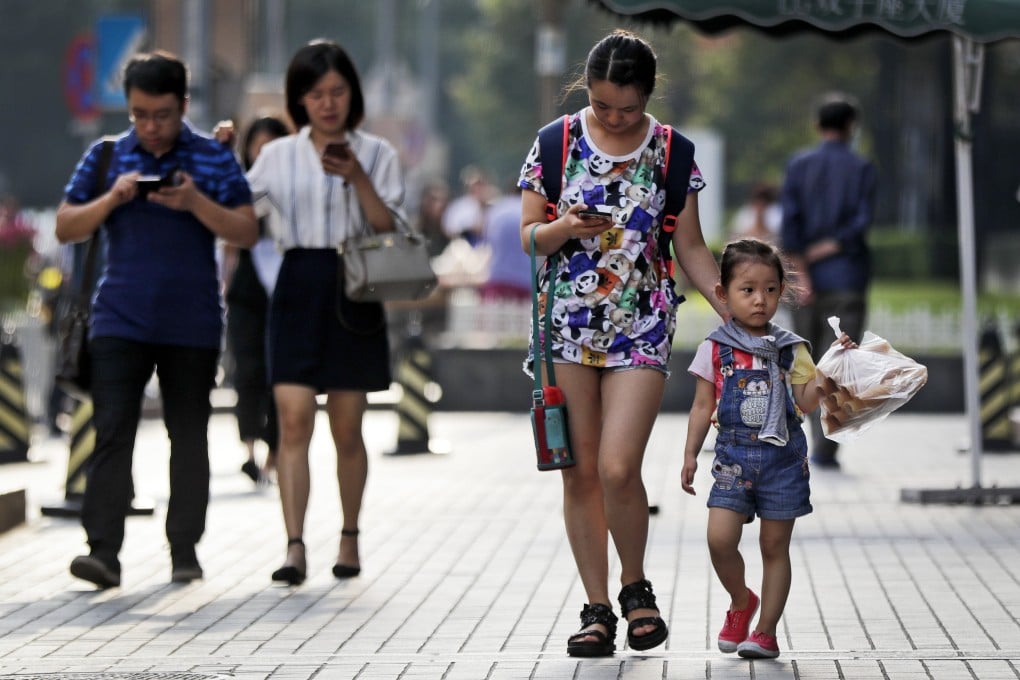Advertisement
Tencent, JD and dozens of Chinese tech firms ordered to ‘learn from Alibaba’ as antitrust regulator keeps foot on crackdown pedal
- Regulators ordered 34 companies including Pinduoduo, JD.com, Kuaishou, Bilibili and Didi to conduct a ‘comprehensive self-inspection’ within a month
- Regulatory scrutiny is one factor weighing on Chinese technology stocks in the US and Hong Kong
Reading Time:3 minutes
Why you can trust SCMP
8

China’s regulators hauled in 34 of the country’s largest technology companies, with a combined value that surpassed the UK’s economy, for a haranguing on Tuesday, as the government widened the scope and upped the ante on its crackdown on Big Tech.
Tencent Holding, Meituan, ByteDance and this newspaper’s owner Alibaba Group Holding were among the companies hauled in for a meeting in Beijing with the antitrust watchdog, cyberspace administration and the tax authority, according to a statement by the State Administration for Market Regulation (SAMR).
The meeting, hosted by the China Cyberspace Administration and the China Taxation Administration, aimed to ensure that every major internet firm in China got the message from the US$2.8 billion fine slapped on Alibaba, so that Big Tech firms will be fearful and respectful of the rules of the industry, according to an official summary of the meeting published by SMAR.
Advertisement
The lecture included an instruction for attendees including Pinduoduo, Kuaishou Technology and Didi Chuxing to “pay full heed to the warning of Alibaba’s case,” and conduct “self-inspections” in the coming month. They were also required to publicly disclose their commitment to conduct business in compliance with laws, according to SAMR.

“Regulatory lines can’t be crossed and red lines of laws can’t be touched,” the SAMR statement read.
Advertisement
Advertisement
Select Voice
Select Speed
1.00x